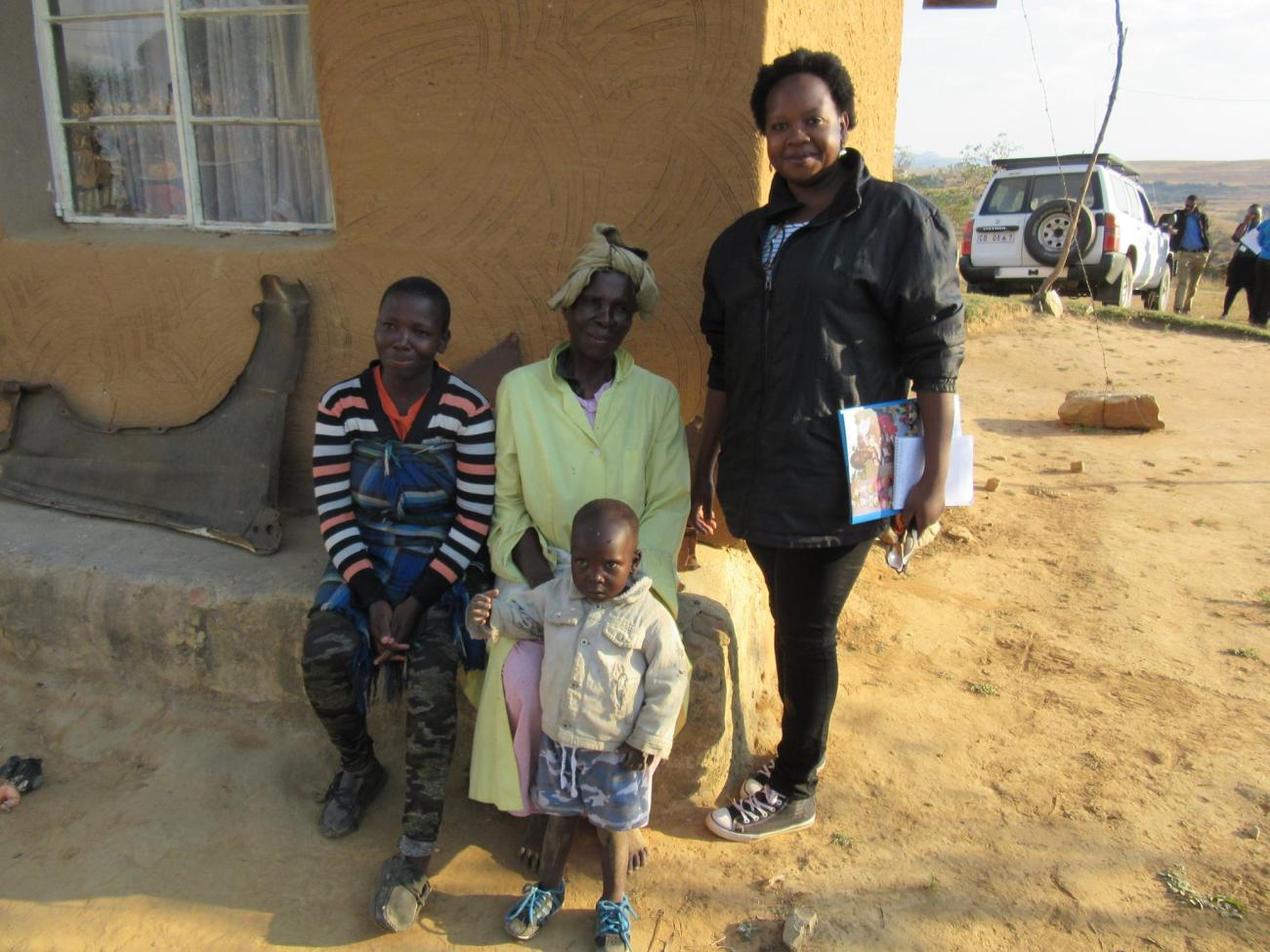Uber Ambulance

Lesotho’s rural areas are typically car- and truck dependent and characterised by a higher need for mobility and longer trip lengths.
The problem
Lesotho’s rural areas are typically car- and truck dependent and characterised by a higher need for mobility and longer trip lengths. About 30 percent of rural households do not have access to cars and therefore find it difficult to gain access to basic services. They often times have to rely on public or shared transportation methods, whom are in times not available or due to the lack of fuel, absence of motorized vehicles at night or during quite days, lack of funds to pay the cost of transportation, and the poor quality or absence of roads not an eligible option to access basic services resulting in social exclusion and denial of services. To overcome the problem of social exclusion investment in public transport systems is needed, as it further contributes to poverty alleviation through improved mobility, establishes public accountability and broader public participation as well as access to services, markets and sources of income.
The idea
A cost effective and economic solution to the lack of transportation is to utilize, in absence or limited numbers of government-funded dedicated ambulances, private transporters paid through a pre-determined fee similar to an uber service. The project “uber ambulance” will utilize local resources, e.g. drivers and their means of transport, thus setting general incentives for economic upheaval in the community and securing the transportation of the local population to health facilities. Making use of local resources and thus investing in transport will have not only a positive macroeconomic effect but will also contribute positively to factors of social inclusion and poverty alleviation by the rural poor as mentioned before. Further, creating an emergency system of transport will contribute to regulating and securing transportation to health facilities in terms of availability, safety, and fares, which otherwise will be used to the disadvantage of the people in need of urgent transportation. Safety standards that guarantee the safe arrival of the passenger and regulate the transportation through vehicle inspection and driver training programmes will likely be, in collaboration with the authorities, created.
The project
The project “uber ambulance” features a sms / mobile phone based system where people in the districts send a USSD code to arrange transport. As rural road infrastructure is not always suitable for motorized transportation, it is envisaged to set up assembly points where drivers pick up people in need of medical attention. After the successful transport to the health facilities drivers get payed through a predetermined payment scheme a predetermined fee. The person in need of transport is not affiliated with the payment itself. Preferably, drivers gather their numbers of transports per week (e.g. through vouchers handed out by heath facility staff or preferably through a digital solution) and get payed at the end of each week the sum of rides / fees acquired. Potential payment solutions can be the use of M-Pesa or Ecocash, both mobile payment systems used in Lesotho. Further, a telephone number, be it call or sms, has to be created in cooperation with national telecommunication providers (Vodacom and Econet) which is toll-free across telecommunication networks.
In the first piloting phase of the project a web based system / platform will be created where drivers from the identified districts can register and subsequently used by passengers throughout the service. This web based operating system of the “uber-ambulance” can be in a later stage of the project enhanced through the creation of a smartphone app that also allows for the tracking of the location of drivers (but, not necessary for the piloting phase).
The technical side of the project requires:
- Web Based Portal Design & development
- SMS App Design & Development
Patient and Driver registration
Patients request cars to health facilities via SMS
Drivers confirm availability via SMS
USSD interaction
SMS Short code used for SMS interaction
Compensation of Drivers via mobile money
Ideally, drivers subscribe to the service on a voluntary basis having the predetermined payment as incentive to do so. In the best case, the project “uber ambulance” will be a self-running project without the need to actively acquire drivers in the district.


